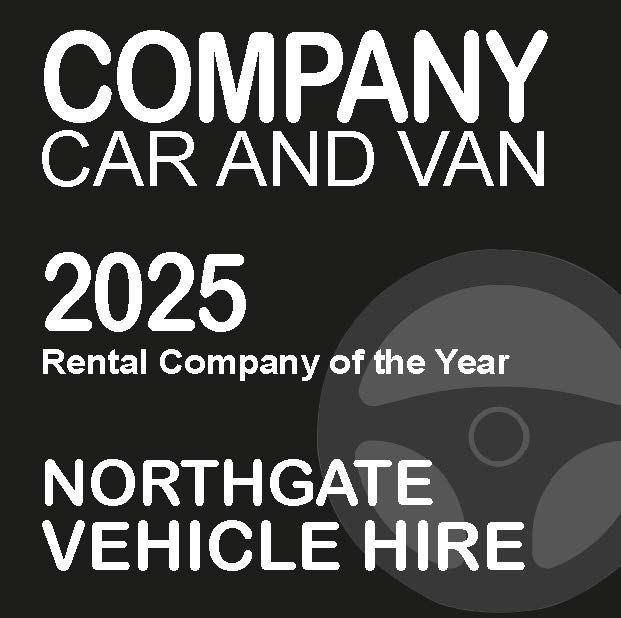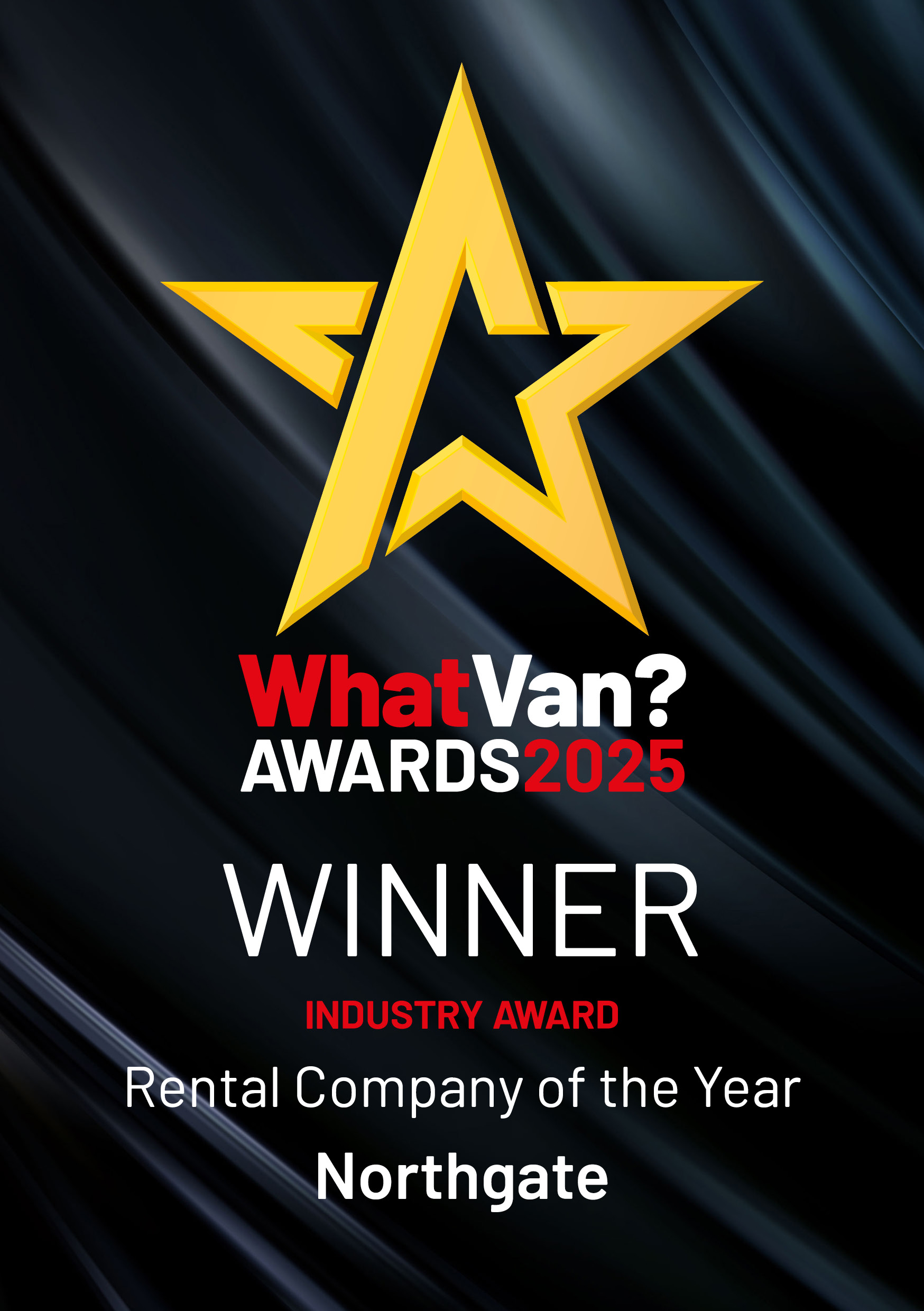Ensuring a vehicle is roadworthy and safe to drive
Here’s a breakdown of the inspections you should be carrying out and how you can make the process easier.
![]() 01/07/2019
01/07/2019![]() 6 minutes read
6 minutes read
Ensuring a vehicle is legal and safe to drive is a part of their operation. It is the legal responsibility of the driver of a vehicle to ensure it is roadworthy before using them. With the right processes, systems, and records in place, you can reduce the chances of driving an unroadworthy vehicle.
As an added benefit, well-maintained vehicles can also lead to happier customers, less vehicle downtime, and reduced chances of costly repairs.
Where to begin?
In combination with a regular maintenance program, there are 3 key types of recommended inspections that can ensure a vehicle is legal and safe to use:
- First use inspections
- Daily walkaround inspections
- Regular safety inspections
Let’s look at each type of inspection in more detail.
First use inspections
Before inspecting the vehicle
Checking that a vehicle has been inspected and that it has all its necessary certificates is important to ensure it is roadworthy. The inspection should meet the guidelines set by the manufacturer and their recommended tolerances for the vehicle. New, rented or leased vehicles will usually have undergone this inspection, but it can be worth checking with your supplier. Here are some things to consider before checking the vehicle itself:
- Has a safety inspection been conducted?
- Service history and when it is next due
- Whether an MOT is due.
- Whether there are any safety recall notices from the manufacturer
When looking for a suitable rental or leasing company to supply your vehicle, it can give you added peace of mind to know they are a member of the British Vehicle Rental and Leasing Association (BVRLA). The BVRLA require their members to meet and maintain the standards of their quality assurance programme.
Before first using a vehicle
When a vehicle is being used, it is the responsibility of the driver to ensure it is roadworthy. If you are certain that a vehicle meets all the requirements to be roadworthy, a quick walkaround inspection can further confirm this. Generally, a walkaround inspection involves checking a vehicle’s major mechanical parts, exterior and interior condition, electric equipment, fluids, tyre condition and pressure.
What is involved in Northgate's pre-rental inspection?
We conduct a pre-rental inspection on under bonnet fluid levels, tyre pressure, tyre tread depth and the condition of electrical operation. For known longer term hires on vehicles above 3.5 tonnes Gross Vehicle Weight (GVW), we also carry out a full safety inspection. Download of our vehicle maintenance checklist and see the pre-rental inspection table for a summary of what is involved in a pre-rental inspection.
What is Northgate’s maintenance program?
We offer a full servicing and maintenance program for all our hire vehicles as standard. Our maintenance program is a part of ensuring a vehicle is roadworthy, that it stays on the road longer, and it helps contribute to a more satisfying driving experience.
Daily walkaround inspection
If you will be driving the vehicle, it is recommended to carry out an inspection before using it.
The Driving Vehicle Standards (DVSA) authority recommend having a daily walkaround inspection process in place. The DVSA also advise carrying out a walkaround inspection when a vehicle is handed over, as soon as it is safe to do so. The walkaround inspection is not sufficient to ensure a vehicle is roadworthy on its own, but they should be carried out in conjunction with a maintenance program.
We have put together a table that lists the checks for a daily walkaround inspection and our own maintenance program that comes as standard with all our vehicles.
Download our vehicle maintenance checklist
Conducting daily walkaround inspections
Walkaround inspections should be carried out to spot problems and fix them as soon as you can.
Walkaround inspections are usually done by ticking off a checklist of parts and equipment that need to be checked. Many businesses will choose to store an electronic record of when a walk around inspection was conducted and what was checked. There are two common methods of conducting daily walkaround inspections:
Printed ‘checklist forms’
This involves printing off a paper copy of the checklist that drivers can fill out. Once a checklist has been completed, someone would then digitally scan the checklist and store it on a computer. Sometimes, drivers will also take photographs of any faults found or parts checked using a camera.
Electronic Driver Defect Reporting System
Smart devices are being used with an electronic driver defect reporting system to make walkaround inspections easier. With checklists being completed on a smartphone or tablet and collected via a reporting system, time spent conducting and processing inspections is greatly reduced. For example, drivers can easily attach photographs, workshops are alerted to any faults, and businesses can keep track of whether inspections are being completed – and this is all done via one system.
Regular safety inspections and servicing
Vehicles should undergo thorough routine inspection and service, to ensure they are legal and safe to use. Routine safety inspections can also help identify problems early before they develop into bigger issues that are costlier to fix. Carrying out regular safety inspections and servicing of your vehicle requires the correct facilities. Many companies will choose to contract the maintenance of their vehicles, inspections and services to a third-party maintenance facility.
Using a third-party maintenance facility
The DVSA strongly recommend that your chosen maintenance facility has accreditation for workshop standards.
Quality control
The continuous review and monitoring of the quality of safety inspections is essential to ensure the necessary standards are being met. Ideally, the quality assurance of a workshop should be carried out by an impartial third-party. Maintenance facilities will often use associations like the BVRLA to accredit them and carry out quality assurance.
Northgate’s Maintenance Facilities
Any vehicles hired through Northgate receive full servicing and maintenance as standard. With 58 branches and workshops, we have maintenance facilities that our customers can access across the UK. Additionally, Northgate are a proud member of the BVRLA and have full accreditation for workshop standards.
Managing your data from the inspections
Storage of inspection data
Ideally, when and what was checked during an inspection should be documented and stored so that it can be easily referenced. Having an electronic copy of a completed walkaround inspection checklist that is backed up securely is advisable. Digital solutions like an electronic driver defect reporting system and the use of a smart device can reduce the admin time spent on this drastically.
Recording, reporting and repairing defects
Any issues that are identified during an inspection should be repaired. One method for ensuring problems are repaired promptly is having an agreed process in place for how they are reported. Electronic driver defect reporting systems can be set up to report defects to a workshop directly.
How can Northgate help?
With all our hire options, you get vehicles with a maintenance program included.
Whilst it will always be the responsibility of the driver to ensure a vehicle is roadworthy before using them, Northgate’s maintenance program provides reliable vehicles that are routinely inspected and serviced by an accredited workshop. This is just one of the many benefits of hiring your business vehicles via Northgate.
If you are looking for Servicing, maintenance and road tax included in one simple regular payment, call 03300 042 0884 to speak with one of our fleet consultants or see our hire options.









